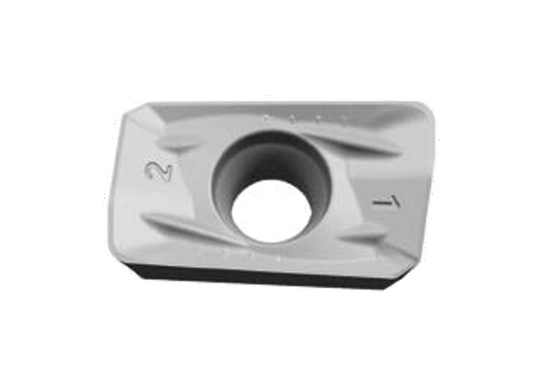Carbide drill blanks are the fundamental material for manufacturing high-performance drills and play a crucial role in determining the drill's performance during the machining process. The choice of carbide material and its processing methods directly influence the drill's cutting ability, durability, and stability. Below, we will explore several key characteristics of carbide drill blanks and their close relationship with drill performance.
High Hardness and Cutting Ability
The high hardness of carbide drill blanks directly determines the cutting ability of the drill. Carbide materials are much harder than ordinary steel, enabling the drill to effectively handle high cutting loads. When machining hard materials, carbide drills maintain their sharpness over a long period, reducing tool wear and thus improving machining accuracy and production efficiency. The higher the hardness of the carbide drill blank, the better the cutting performance of the drill.
Wear Resistance and Service Life
The wear resistance of carbide drill blanks is a key factor affecting the drill's service life. Carbide materials possess excellent wear resistance, allowing drills to operate steadily over an extended period, especially under high-load and high-speed cutting conditions. During use, carbide drill blanks effectively resist friction with the workpiece, reducing tool wear and extending the drill's service life, thereby decreasing the frequency of replacements.
Impact Resistance
The toughness and impact resistance of carbide drill blanks are crucial for the drill's stability under complex working conditions. During drilling, the drill may face intense impacts and vibrations. The appropriate toughness of the carbide drill blank helps prevent drill breakage or chipping. The composition and grain structure of the alloy can be optimized to enhance the drill's impact resistance, ensuring stable performance even in harsh machining environments.
Thermal Stability
The thermal stability of carbide drill blanks is especially important for high-temperature machining. During the cutting process, a significant amount of heat is generated, particularly in high-speed cutting. The good thermal stability of carbide materials enables the drill to maintain its hardness and sharpness in high-temperature environments, preventing thermal fatigue and softening. Carbide drills with strong thermal stability can effectively handle prolonged high-temperature machining, ensuring stable cutting performance.
Cutting Precision
The microstructure of carbide drill blanks has a profound impact on the cutting precision and machining quality of the drill. By controlling the grain size and distribution of the carbide material, its cutting performance can be adjusted. A fine and uniform grain structure helps improve the sharpness and cutting stability of the drill, thereby enhancing machining precision and surface quality. Optimizing the microstructure of carbide drill blanks allows for greater precision and reliability during machining.
The quality of carbide drill blanks directly determines the overall performance of the drill. By carefully selecting and optimizing carbide drill blanks, the cutting ability, durability, and machining precision of the drill can be significantly enhanced, leading to improved machining efficiency and reduced costs.






